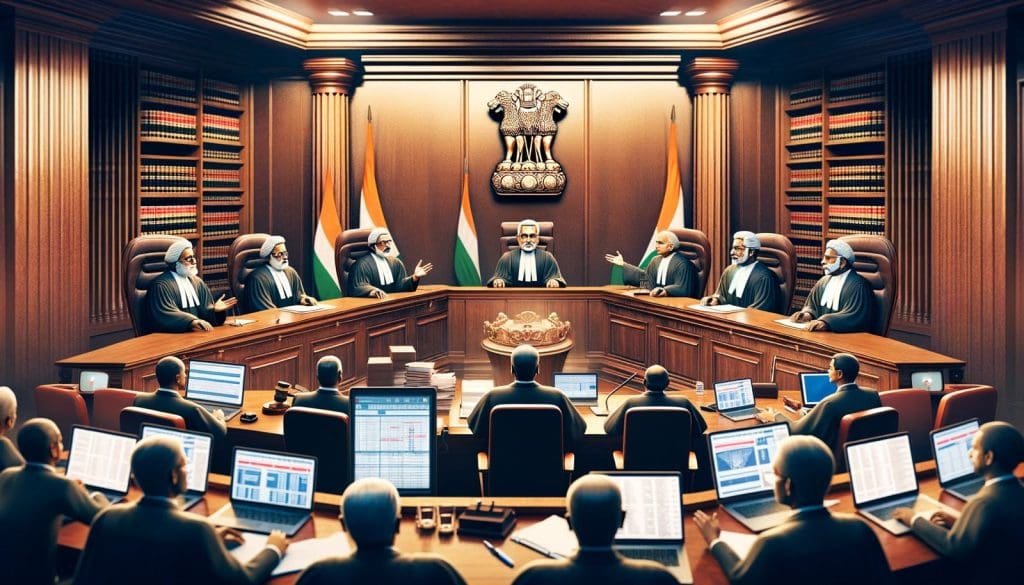
Overview
The Election Commission of India (ECI) has recently addressed concerns raised about the potential misuse and legal implications of making Form 17C records publicly accessible. The Supreme Court is currently deliberating a plea from the Association for Democratic Reforms (ADR) regarding the immediate publication of polling data, which includes detailed records from Form 17C.
Key Points of Contention
Form 17C is a crucial document in the election process, capturing the number of votes recorded at each polling station. The ADR has argued that making these records publicly available would enhance electoral transparency and allow for better verification of election results. They have requested that the ECI upload these records on their website immediately after each phase of polling oai_citation:1,SC seeks ECI’s reply on plea for immediate publication of polling data oai_citation:2, Why Election Commission Not Giving Absolute Voter Numbers Matters .
ECI’s Concerns: The ECI has pushed back against this request, citing potential risks of data manipulation and misuse. They argue that the general public does not have a legal right to access this data in real-time and that premature disclosure could lead to unnecessary confusion and mistrust in the electoral process. They have emphasized the need for a thorough vetting process before any data is made public oai_citation:3, Why Election Commission Not Giving Absolute Voter Numbers Matters oai_citation:4,SC Reserves Verdict On Plea Seeking 100% EVM-VVPAT Verification.
Legal and Procedural Arguments
In its submissions, the ECI highlighted that discrepancies between provisional and final voter turnout data are often due to delays in receiving complete and verified records from all polling stations. They contend that releasing provisional data prematurely could undermine the integrity of the election results oai_citation:5, Why Election Commission Not Giving Absolute Voter Numbers Matters .
The Supreme Court, led by Chief Justice DY Chandrachud, has taken these arguments into account but has also recognized the public’s right to electoral transparency. The court has asked the ECI to respond in detail to the ADR’s plea and to clarify the processes and safeguards in place to ensure data integrity. A decision on the matter is expected soon oai_citation:6,SC seeks ECI’s reply on plea for immediate publication of polling data.
Implications
The outcome of this case could have significant implications for future elections in India. If the court sides with the ADR, it may set a precedent for more immediate and transparent sharing of polling data. On the other hand, if the ECI’s concerns are upheld, it could reinforce the need for careful data management and delayed disclosure to ensure accuracy and prevent misuse oai_citation:7, Why Election Commission Not Giving Absolute Voter Numbers Matters oai_citation:8,SC Reserves Verdict On Plea Seeking 100% EVM-VVPAT Verification.
Conclusion
As the Supreme Court deliberates on this critical issue, the balance between transparency and data security remains at the forefront of discussions. The final ruling will likely shape the future protocols for handling and publishing electoral data in India.